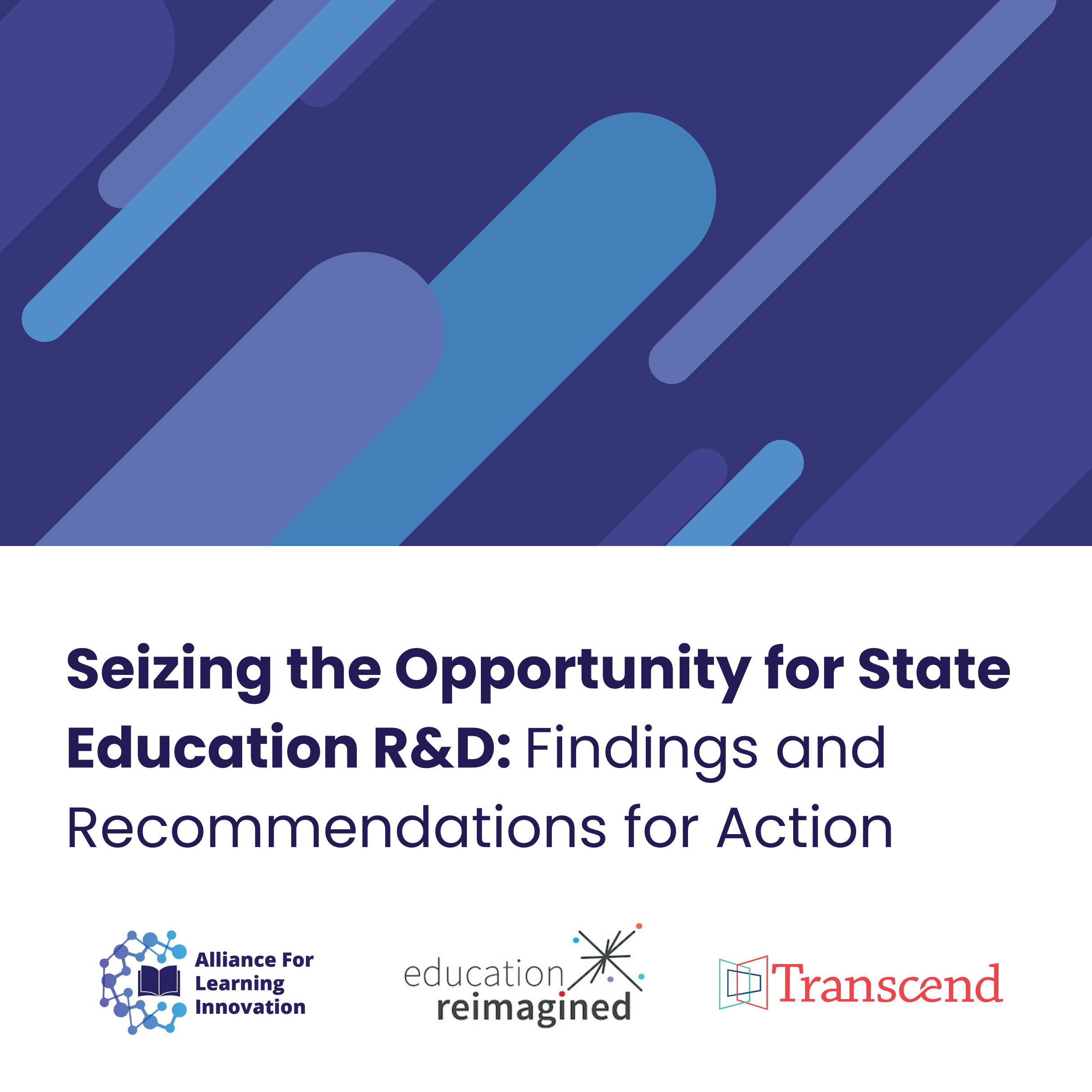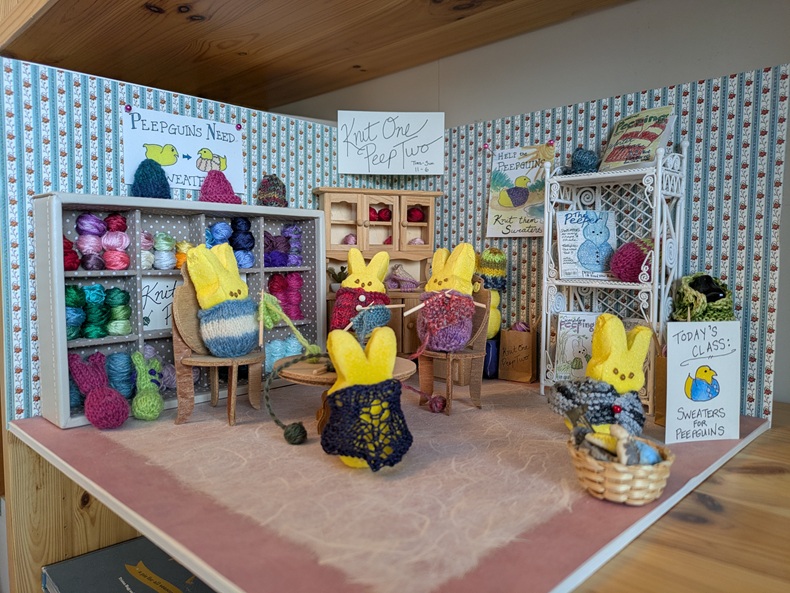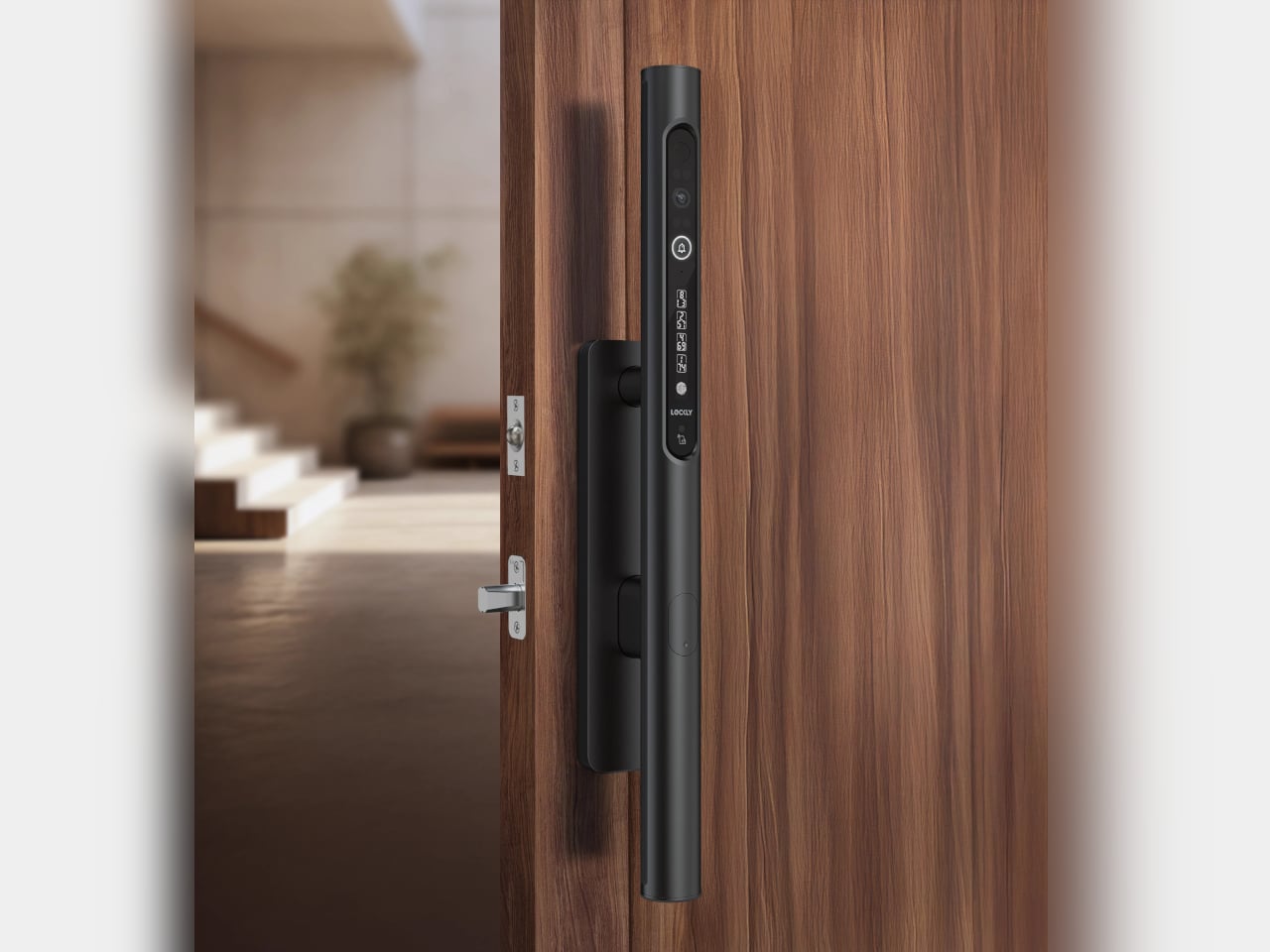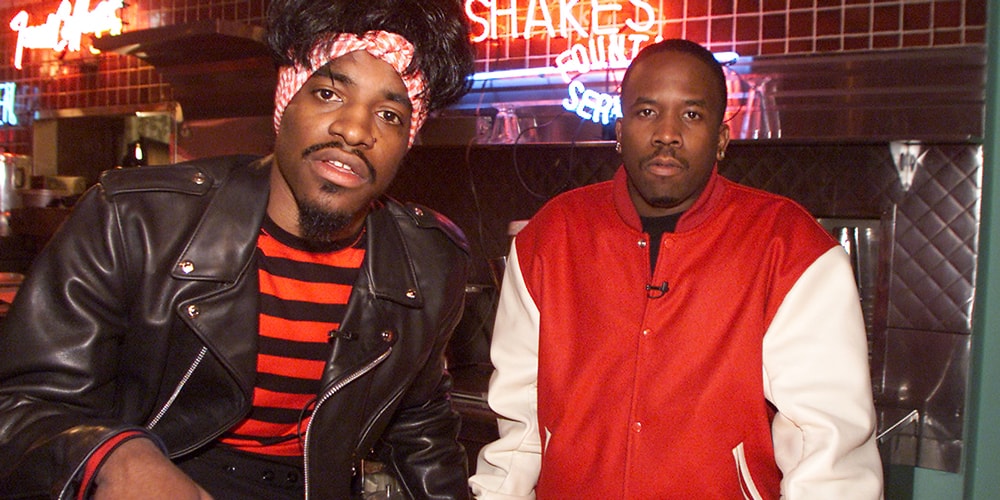Microschools aren't the problem. They're the response to the problem.
Until public schools work for all kids, we will continue to build the schools our children and our teachers deserve.

A progressive think tank recently argued that microschools lack oversight and should be held to the same standards as public schools. It’s a familiar critique — one that overlooks why microschools exist in the first place and whom they are actually serving.
I have taught in Title I public schools and well-resourced, established progressive independent schools. I know the system from the inside, and I know it wasn’t built for children who look like mine.
For millions of non-white and low-income students, public education has never been safe, affirming, or effective.
The statistics are grim: Only 35 percent of U.S. students are proficient in reading and math. Black students are suspended or expelled three times more often than white students for the same behaviors. And the list goes on.
These aren’t outliers. They’re outcomes of a system that consistently underfunds, over-polices and underserves marginalized kids. When your only neighborhood option is a school with metal detectors, zero-tolerance policies and overcrowded classrooms, you start searching for an alternative. And when you don’t find it, you build it.
Microschools aren’t avoiding accountability, either. Accreditation is typically a three- to five-year process, just like traditional private schools undergo. In Georgia, where our microschool is based, schools must be accredited to accept vouchers. No accreditation, no funding.
We assess student growth with nationally normed tools, descriptive reviews and formative benchmarks because we believe in rigor and reflection. Our educators often hold advanced degrees and are trained in trauma-informed, culturally responsive teaching.
Microschools are acts of survival, created by educators and parents who refuse to wait for systems to change, not boutique experiments.
Another misconception is that microschool founders are unqualified entrepreneurs. Let’s be clear: We don’t start microschools because it’s trendy or lucrative. We start them because we’ve watched public schools fail our children, year after year.
Many of us are public school educators who left the classroom because we could no longer protect or support our students within the limits of the system. We are women of color, immigrants, single parents and former social workers.
We are not running hedge funds. We’re organizing carpool lines, washing snack containers and tutoring third graders in Spanish. This is not Silicon Valley. It’s survival work.
Critics also claim microschools can’t serve students with disabilities. The reality is more complex.
Many public schools are under-resourced and unable to meet even basic Individualized Education Program goals. Families of neurodivergent students are often the first to seek us out, not because we offer more bells and whistles, but because we offer more flexibility.
We co-create learning environments that center relationship, regulation and responsiveness. Inclusion isn’t a mandate — it’s a starting point.
This isn’t about public vs. private. It’s not about competition. It’s about access. It’s about trust. It’s about who gets to build something better, and who gets funded to try.
At The Morgan Oliver School, where I am founder and head of school, we’ve built a fully accredited K-8 learning environment centered on justice, wellness and academic excellence. We aren’t asking for a free pass. We’re asking for fairness and recognition that microschools are often doing more with less, for families who’ve had the fewest choices.
Until public schools work for all kids, we will continue to build the schools our children and our teachers deserve.
Sanidia Oliver-Stone is the founder and head of school at The Morgan Oliver School in Atlanta, Georgia, and a former public school teacher.
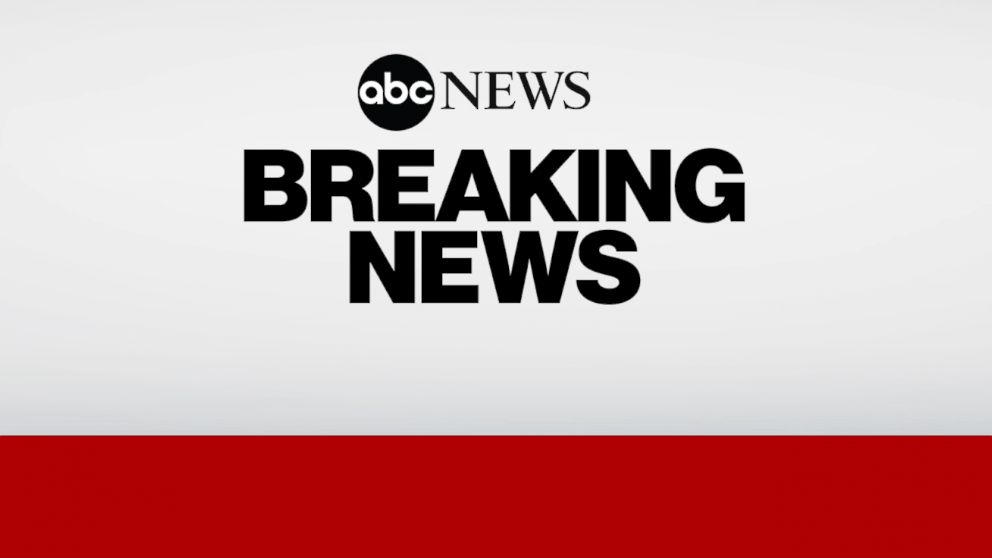




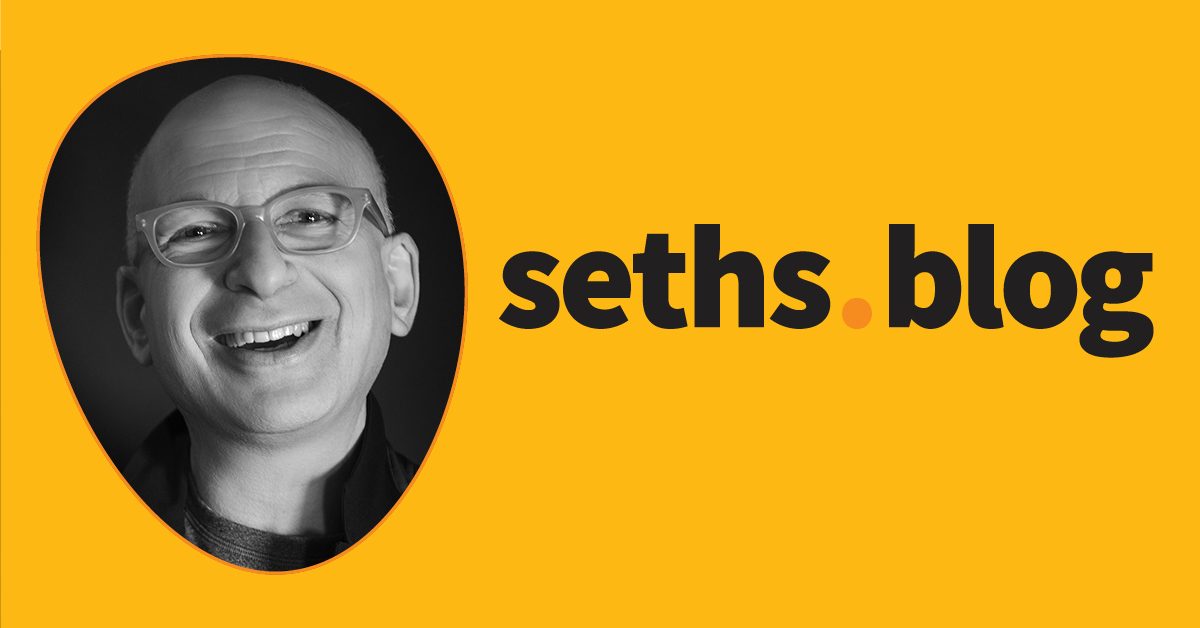


![[Research] Starting Web App in 2025: Vibe-coding, AI Agents….](https://media2.dev.to/dynamic/image/width%3D1000,height%3D500,fit%3Dcover,gravity%3Dauto,format%3Dauto/https:%2F%2Fdev-to-uploads.s3.amazonaws.com%2Fuploads%2Farticles%2Fby8z0auultdpyfrx5tx8.png)
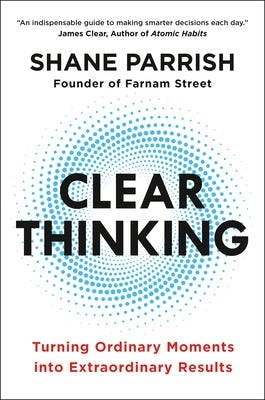












-RTAガチ勢がSwitch2体験会でゼルダのラスボスを撃破して世界初のEDを流してしまう...【ゼルダの伝説ブレスオブザワイルドSwitch2-Edition】-00-06-05.png?width=1920&height=1920&fit=bounds&quality=70&format=jpg&auto=webp#)









